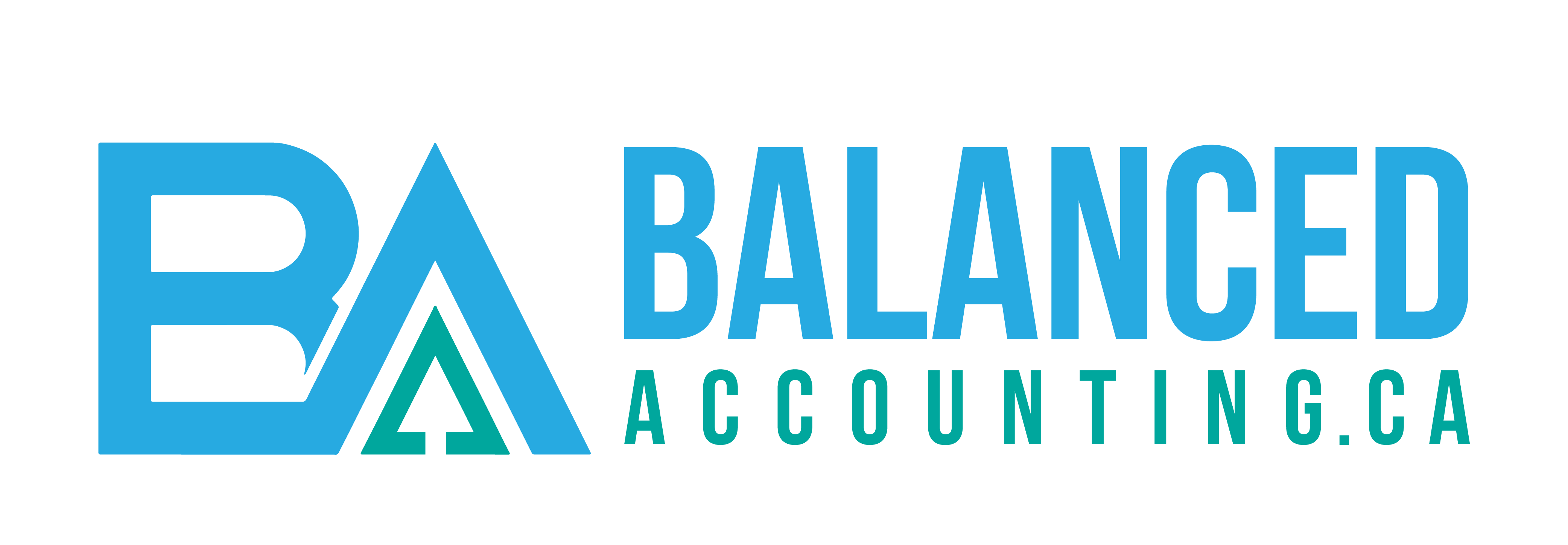Canadian Real Estate Rental Property – Filing Your Taxes
As a Canadian real estate rental property owner, it is important to understand how to properly handle your income and expenses on your tax return. Failure to report rental income or to claim allowable expenses can result in significant penalties and interest charges. Note that the following guidelines apply generally to rental properties owned personally (claimed on a T1 personal tax return) and corporately (claimed on a T2 corporate tax return).
First and foremost, it is important to report all rental income on your tax return. This includes any rent payments received, as well as any other income related to the rental property such as parking, laundry, security deposits or late fees. It is also important to keep accurate records of all rental income, including the date received and the amount.
On the expense side, there are a number of deductions that can be claimed to offset rental income. These include:
· Mortgage interest: If the rental property is financed with a mortgage, the interest paid on that mortgage can be claimed as an expense (Note: the principal portion of loan payments is never deductible)
· Property taxes: Property taxes paid on the rental property can also be claimed as an expense.
· Insurance: Insurance premiums paid for the rental property can also be claimed as an expense.
· Repairs and maintenance: Any repairs or maintenance expenses incurred to keep the rental property in good condition can be claimed as an expense.
· Utilities: Utilities such as electricity and gas can also be claimed as an expense, provided they are paid for by the rental property owner.
· Depreciation: The cost of the rental property and any improvements made to it can be depreciated over time, which can be claimed as an expense. Tax depreciation is known as “capital cost allowance” or CCA. CCA can be used to bring net rental income to zero, but cannot be used to create a tax loss from a rental property. CCA is what is known as a discretionary deduction, meaning it does not have to be claimed at all, and that the amount claimed as a deduction in any given year can range from zero up to the maximum allowable amount for the year per the tax rules in the Income Tax Act. Note that claiming CCA erodes the adjusted cost base of the property in question, which means there will be more tax to pay later on any eventual sale, assuming property values increase. For this reason, many rental property owners choose NOT to claim CCA. This is something that can be discussed with your chartered professional accountant, often on a year-to-year basis, for optimal results.
It is important to note that these are just a few examples of the deductions that may be available to rental property owners. It is always best to consult with a chartered professional accountant to ensure that you are taking advantage of all the deductions that are available to you.
In addition, it is important to keep accurate records of all expenses related to the rental property. This includes receipts, invoices, and bank statements. These records will be needed to support any deductions claimed on the tax return, especially in the event of a review or audit by the CRA.
In conclusion, as a Canadian real estate rental property owner, it is important to report all rental income and to claim all allowable expenses on your tax return. Accurate records and consultation with a chartered professional accountant can help ensure that you are taking advantage of all the deductions that are available to you. By following these guidelines, you can minimize your tax liability and maximize your income as a rental property owner.
Feel free to reach out if you’d like to discuss further – we would be happy to connect.
